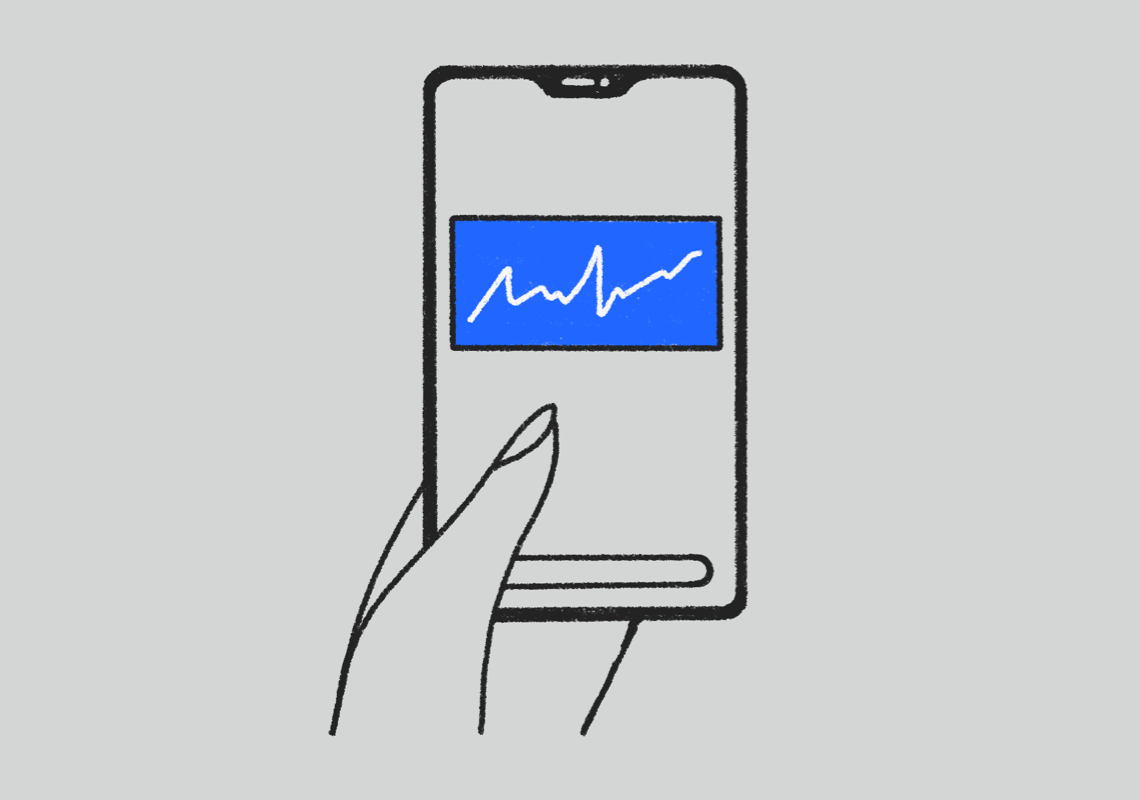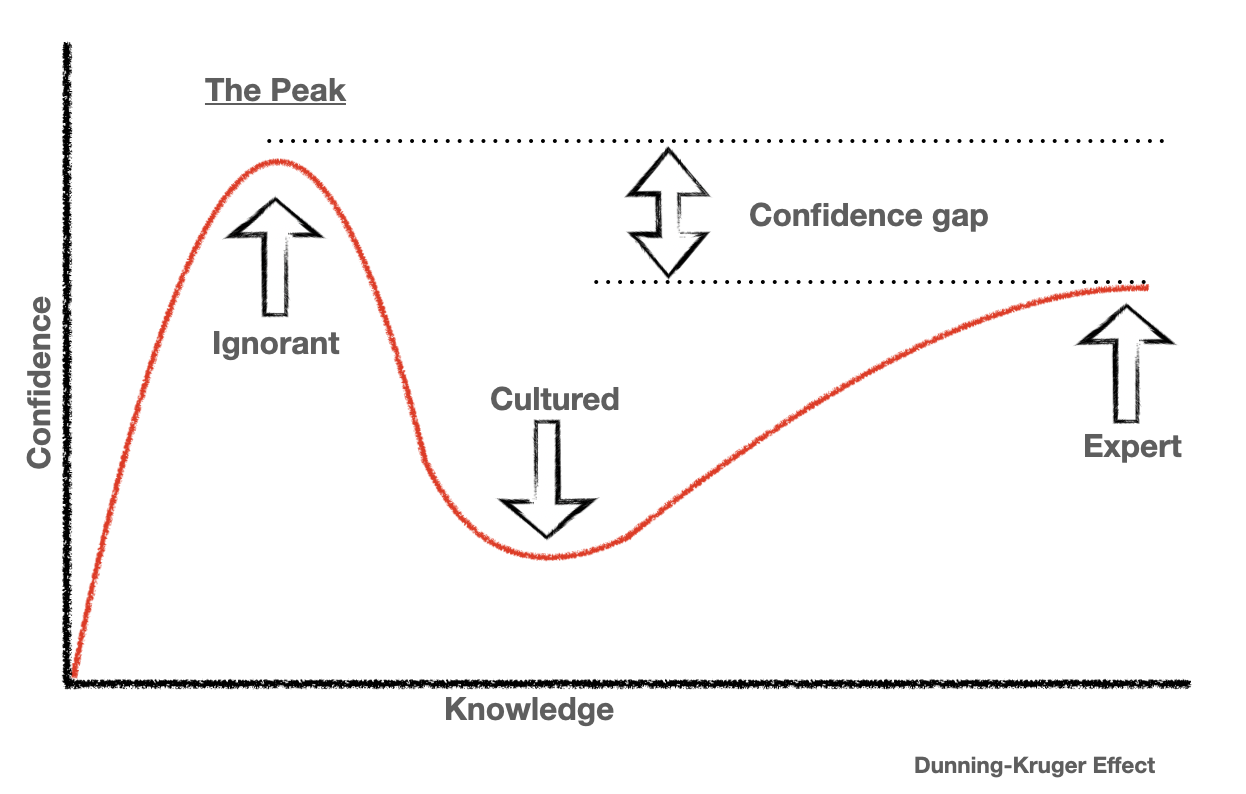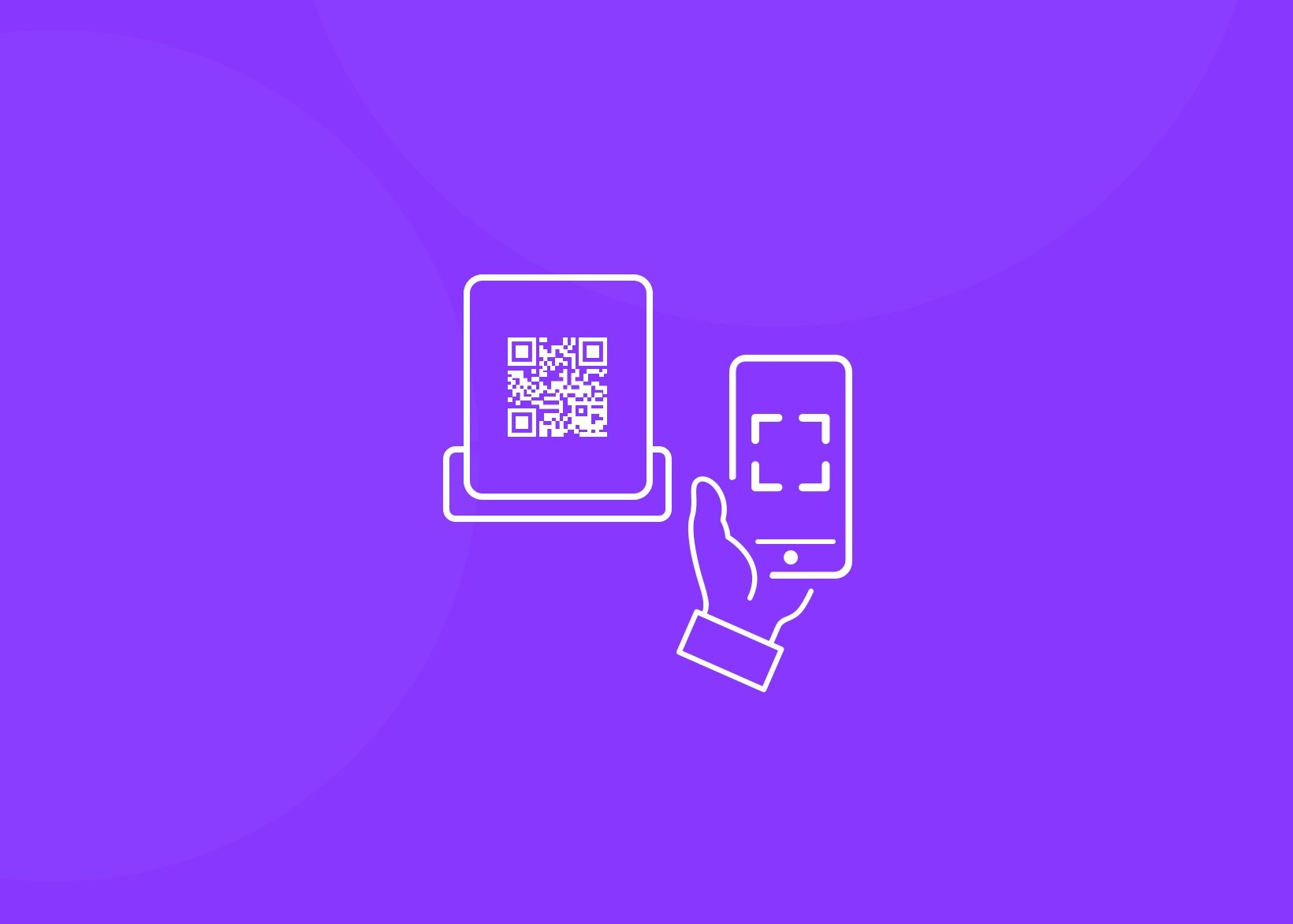City AM reported that the investment into the UK’s artificial intelligence (AI) sector from venture capital firms reached a record $1.3bn (£998m) last year, almost as much as the rest of Europe combined.
Virtual Assistants and the benefits of Artificial Intelligence
At tomato pay (formerly known as Fractal), we strongly believe that investment into AI will benefit society - the good significantly outweighs the bad.
The uptake of AI will help bring further progress across many industries over the coming years including the financial services, healthcare and the automotive sectors.
Furthermore, many countries are already looking at sustainable ways to accelerate improvements to life by embracing mobile and AI-centric solutions to solve everyday challenges.
One type of AI-focused product that has made its way into masses of people’s homes and workplaces are, of course, virtual assistants such as Siri and Alexa (more on these later).
Artificial intelligence can contribute to many products and services to make a consumer, or a small business’s life, much simpler. Although AI has had its fair share of press, from the good, the bad, to the absolute ugly, it’s still anyone’s guess as to how it will truly change society.
What we can do is look back at the history of chatbots and virtual assistants that have come before Alexa and Siri, and how they have helped to shape the world we live in today.
Where did the term ‘chatbot’ come from?
First, does anyone know where the term ‘chatbot’ originated from?
Michael Mauldin, a retired computer scientist and the inventor of the Lycos web search engine, created the first ever chatbot program named Julia for both Windows and the internet.
Mauldin came up with the term ‘chatterbot’, used to describe any forward-facing interactive interface, in the 1990s. He stated that the combination of the words chatter - which means informal and superficial talk, and bot - an abbreviation for a robot, gave him the basis to come up with the now well-known term.
Microsoft Bob
Over 20 years ago, in 1995, Microsoft debuted its new forward-looking interface ‘Microsoft Bob’.
The initiative was roasted in the press and did not sell very well.
However, this would be the starting point for forward-looking interfaces, aka ‘chatbots’ that would interact with humans.
Microsoft’s use of their early natural language learning libraries to create chatbots such as ‘Bob’ was a pioneering move for Microsoft and one that many sought to mimic (no matter what they say) successfully over the following decades.
Microsoft Office Assistant, aka Clippy
In 1997, Clippy (or Clippit) named after a paperclip, was the first virtual assistant to actually help people with their real-time Microsoft Word, Excel and Powerpoint issues.
Clippy’s creators wanted to give people using their products instant help in a fun, interactive way. To support the legitimacy of the idea, they based it off of research at Stanford University, although this was later dubbed a “tragic misunderstanding”.
Microsoft believed that these anthropomorphic “assistants” would be an attractive offering to those using Microsoft during the late 90s, early 00s.
Although everyone disowned the idea of Microsoft Bob, the technology still proved to be useful as elements of it was incorporated to create Clippy.
Unfortunately, in 2007, Microsoft decided to give Clippy the boot.
Clippy may be gone, but he’s hardly forgotten.
Smarterchild
Recently, a friend reminded me of the fun we used to have with Smarterchild on MSN. I realised that this was the first time I had encountered and played with AI in my life.
In 2000, Smarterchild was an intelligent bot created by ActiveBuddy Inc for those on instant messenger, or on MSN in my case, to talk to an AI-powered bot in real-time.
Unfortunately, the allure of MSN died, and along with it, so did the allure of playing with Smarterchild who was eventually discontinued in 2007.
Future Hall of Famers: Alexa, Siri and tomato pay
In January, it was announced that over 100 million Alexa’s had been sold. It is estimated that nine per cent of UK homes own an Amazon Echo today.
As tech becomes a part of the way we live day-to-day, Amazon, Apple and Google have forever changed the way people look at AI. It has even gone as far as being somewhat of a ‘fashion statement’ depending on which brand you align yourself with.
Currently, there are many memorable AI-chatbots for consumers, but only a small handful of chatbots focused on improving a small business’s day-to-day work. tomato pay was one of the first companies to globally release a small business focused chatbot, previously named the CFO app. Four years ago we recognised the importance of virtual assistants and the impact it could have on small businesses who need financial information on their business at the tip of their fingers.
What does this mean for society?
The world has changed, and with that our expectations of how we all access information.
Virtual assistants have helped us to automate many aspects of life, and give us any information at the touch of a button.
Furthermore, it can help ease pressure from forward-facing client jobs to better serve society (customer service tools to give accessible help and advice around the clock) and to make necessary services inclusive (therapy and counselling chatbots for those who may not be able to afford traditional therapy).
Although there will always be concerns about how any company (behind a chatbot) will use the sensitive data it receives, as technology trends shift, and the discussion around ethical use of AI continues, it’s natural to be sceptical but keen to use virtual assistants as we all yearn for more human, fast, natural interactions with the technology we use on a daily basis.






